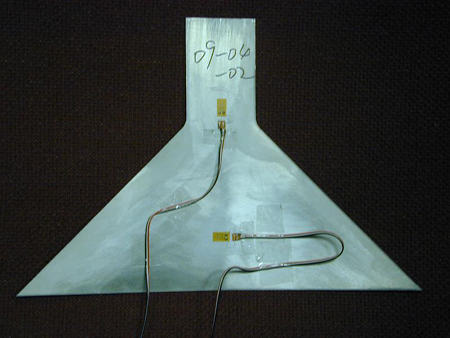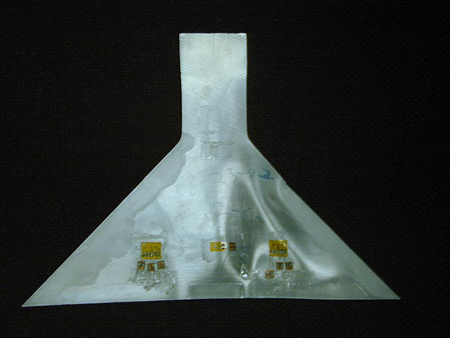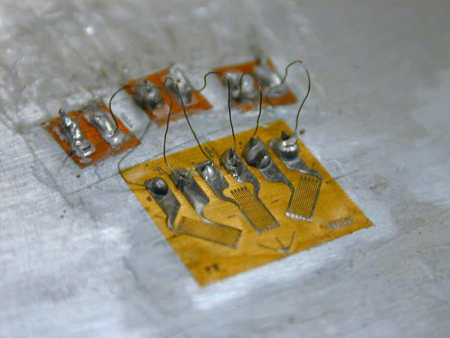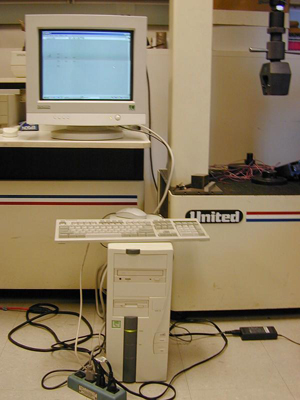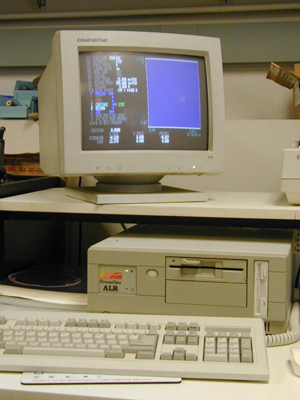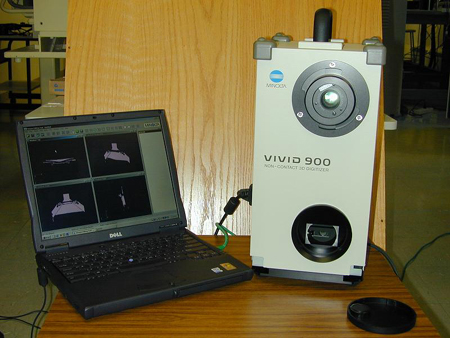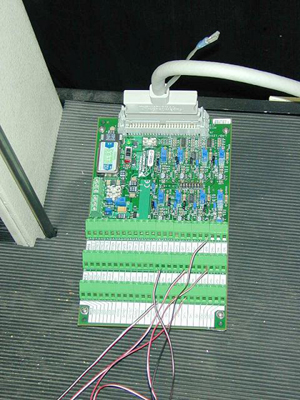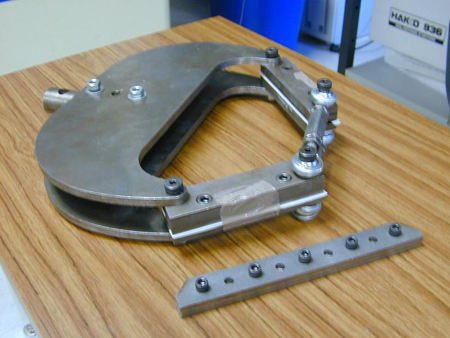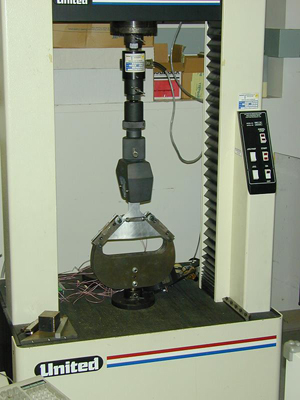In sheet metal forming, as much as half of the design time is often consumed by prototype testing and subsequent modifications of the dies, especially when new materials and/or forming processes are used. With the rapid development of computer technologies and the ever-increasing demand of high-quality products at a minimum cost, modeling and simulation of sheet metal forming has become a crucial tool to reduce design cycle times and time to market. In the proposed work, new simulation tools will be developed by combining existing finite element methods with meshfree-enrichment (FEMME). Meshfree methods are a new class of methods in which the approximation is constructed without recourse to elements. Their approximations are closely related to wavelets and provide much more resolution and accuracy than the low-order finite element methods currently used. The meshfree-enrichment approximation will supplement or temporarily replace existing finite element approximations and will only be employed where needed, e.g. in the areas where wrinkles are expected. Our previous analytical work on the initiation of wrinkling in the local area will provide a guideline to the possible wavelet functions. The development of new simulation tools, which increases the prediction reliability of wrinkling occurrence and post-buckling behavior. The methodology and associated software routines will be posted on our website for easy public access. The methods will be validated by experimental work at Northwestern University, Ford Motor Company and U.S. Steel. Experimental work at Northwestern will include the newly developed test device for studying the wrinkling resistance of sheet metal with or without side or normal constraints, a shrink flanging test and forming of an irregular three-dimensional shape. The tests at Ford and U.S. steel on the other hand will provide results for more complex geometries. In addition to provide a design tool, the research results are expected to answer questions such as how the strain hardening will affect the onset of wrinkling and the growth of wrinkles and how the initial yield surface influences the wrinkling prediction. The project is expected to provide a reliable and robust tool for simulating sheet metal forming process, which will dramatically increase the confidence level on simulation results and therefore, be extremely beneficial to product and process development. The importance of this fundamental research and the potential economic impact leads to a strong collaboration between Northwestern and several companies.
After-test aluminum sample
After-test steel sample
Close look of the three-element strain gauge
Computer used for strain measurement
Computer used to control the tensile machine
Laser digitizer and the controlling laptop
NI strain measurement card
The clamp designed and made by NU
The tensile machine used in the test
Sponsors
National Science Foundation, Ford Motor Company and U.S. Steel.
